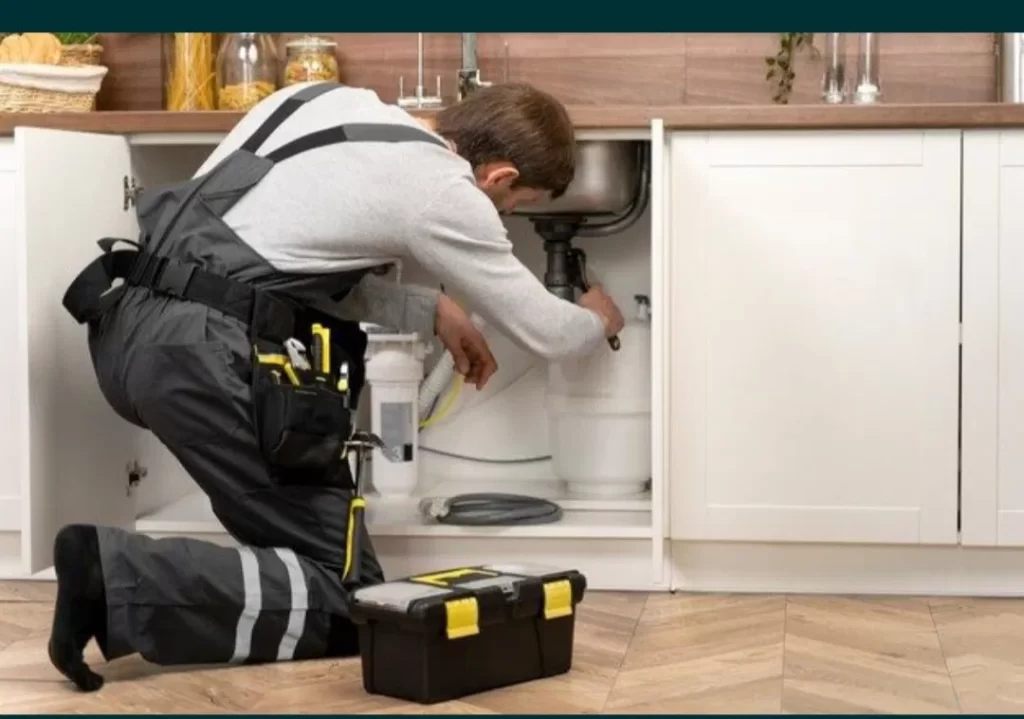Regular plumbing maintenance plays a crucial role in ensuring the longevity and functionality of your home’s plumbing system. As homeowners, we often overlook this vital aspect until issues arise, which can lead to costly repairs and unnecessary stress. Consistent plumbing check-ups are not only essential for the well-being of your property but also help in avoiding long-term damage, unexpected expenses, and potential health hazards. In this article, we will explore why regular plumbing maintenance is necessary and how it benefits homeowners in the long run.
Prevent Costly Repairs and Unexpected Breakdowns
One of the most significant benefits of regular plumbing maintenance is the prevention of costly repairs. Often, plumbing issues like leaks, clogs, or pipe corrosion start small but gradually escalate into larger problems that require expensive fixes. By conducting routine inspections and maintenance, we can identify these issues early on and address them before they worsen. For example, a small leak may seem harmless at first, but over time, it can cause water damage, mold growth, and structural issues. Addressing these problems promptly through regular maintenance helps avoid such scenarios.
Additionally, plumbing emergencies are not only inconvenient but also expensive. Burst pipes or a malfunctioning water heater can disrupt daily life, leading to emergency service calls and urgent replacements. However, with regular maintenance, we can anticipate and mitigate these emergencies, ensuring the smooth operation of the system and sparing homeowners from unexpected costs.
Improve Water Efficiency
A well-maintained plumbing system enhances water efficiency in the home, leading to reduced utility bills. Small leaks, outdated fixtures, or inefficient appliances can result in significant water wastage. For instance, a dripping faucet may seem insignificant, but over time, it can waste hundreds of gallons of water. Similarly, old toilets or showerheads that are not designed for water conservation can contribute to high water consumption.
By conducting regular maintenance, we can ensure that the plumbing fixtures are functioning optimally. Replacing outdated appliances with low-flow fixtures or energy-efficient water heaters can drastically reduce water consumption, making the home more sustainable and environmentally friendly. Additionally, fixing leaks or upgrading the plumbing system helps conserve water, which is especially important in areas facing water scarcity or restrictions.
Increase the Lifespan of Your Plumbing System
Just like any other part of your home, your plumbing system requires regular care to ensure its longevity. Pipes, drains, and fixtures are subject to wear and tear over time due to constant use and environmental factors. Without regular maintenance, these components are more likely to fail prematurely, leading to costly replacements.
Through regular inspections, we can identify issues such as mineral buildup, pipe corrosion, or blockages that can compromise the integrity of the plumbing system. For example, hard water can cause minerals to accumulate inside pipes, reducing water flow and increasing the risk of clogs. By addressing such issues early on, we can prolong the life of the plumbing system, ensuring it functions efficiently for years to come.
Routine maintenance also helps in protecting your home’s foundation. Water leaks or sewer line problems can cause significant damage to the foundation, leading to structural instability and costly repairs. Regular check-ups allow us to spot potential foundation-related plumbing issues, preventing long-term damage and maintaining the structural integrity of the property.
Maintain Good Water Quality
The quality of the water in your home is essential for your family’s health and well-being. Poorly maintained plumbing systems can lead to contamination and degraded water quality, exposing your household to potential health risks. For instance, rusty pipes can release lead or other harmful substances into the water, making it unsafe for drinking, cooking, or bathing.
Regular maintenance allows us to monitor the water quality and ensure that the plumbing system is free from contaminants. By inspecting and cleaning the water pipes, we can prevent rust, corrosion, and debris buildup that may affect the quality of the water. In addition, regular maintenance of water filters, softeners, and other purification systems ensures that they are functioning effectively, further improving water quality in the home.
Prevent Plumbing Emergencies
Plumbing emergencies, such as burst pipes, sewage backups, or water heater malfunctions, can be both costly and highly inconvenient. Such emergencies often occur without warning and can cause significant damage to your home if not addressed immediately. However, by scheduling regular plumbing maintenance, we can prevent these emergencies from occurring in the first place.
During a routine inspection, professionals can identify potential problem areas, such as weak spots in the pipes or malfunctioning valves, and address them before they turn into full-blown emergencies. This proactive approach minimizes the likelihood of sudden plumbing failures, providing peace of mind for homeowners and ensuring that the plumbing system operates smoothly at all times.
Enhance Property Value
For homeowners looking to sell their property, maintaining a well-functioning plumbing system is essential in boosting the resale value of the home. Buyers are often wary of purchasing homes with outdated or faulty plumbing, as it can result in significant expenses down the line. A property with a properly maintained plumbing system, on the other hand, is more attractive to potential buyers, as it ensures that they won’t have to deal with plumbing issues shortly after moving in.
Moreover, showcasing recent maintenance records and updates to the plumbing system can instill confidence in buyers, allowing you to command a higher asking price. Investing in regular plumbing maintenance not only saves money in the short term but also serves as a valuable selling point for homeowners looking to increase their property’s market value.
Conserve the Environment
In today’s world, environmental conservation is more important than ever. Regular plumbing maintenance plays a vital role in reducing your home’s environmental impact by promoting water conservation and energy efficiency. Leaking pipes and outdated plumbing fixtures contribute to unnecessary water waste, which in turn depletes local water sources and increases your carbon footprint.
By regularly inspecting and upgrading your plumbing system, we can reduce water waste and ensure that the plumbing system operates as efficiently as possible. This not only benefits the environment but also aligns with the growing trend of eco-conscious living, making your home more sustainable.
Protect Against Mold and Water Damage
Unchecked plumbing issues, such as leaks or burst pipes, can lead to water damage and mold growth, which pose significant health risks to the household. Mold thrives in damp environments, and prolonged exposure can lead to respiratory issues, allergies, and other health problems.
By conducting regular plumbing maintenance, we can detect leaks and repair them before they cause extensive damage. This preventive approach not only protects the home from water damage but also ensures a healthy living environment for the occupants by preventing the growth of harmful mold and mildew.
Conclusion
Regular plumbing maintenance is a critical aspect of homeownership that should not be overlooked. By taking a proactive approach to maintaining your plumbing system, you can avoid costly repairs, improve water efficiency, increase the lifespan of your system, and protect the health of your family. Whether you are concerned about reducing your environmental footprint, enhancing property value, or simply ensuring the long-term functionality of your home, investing in regular plumbing maintenance is the smart choice.


